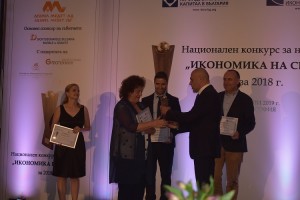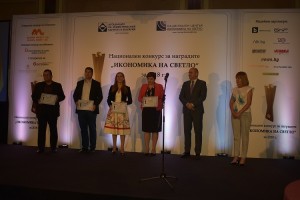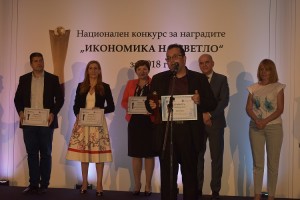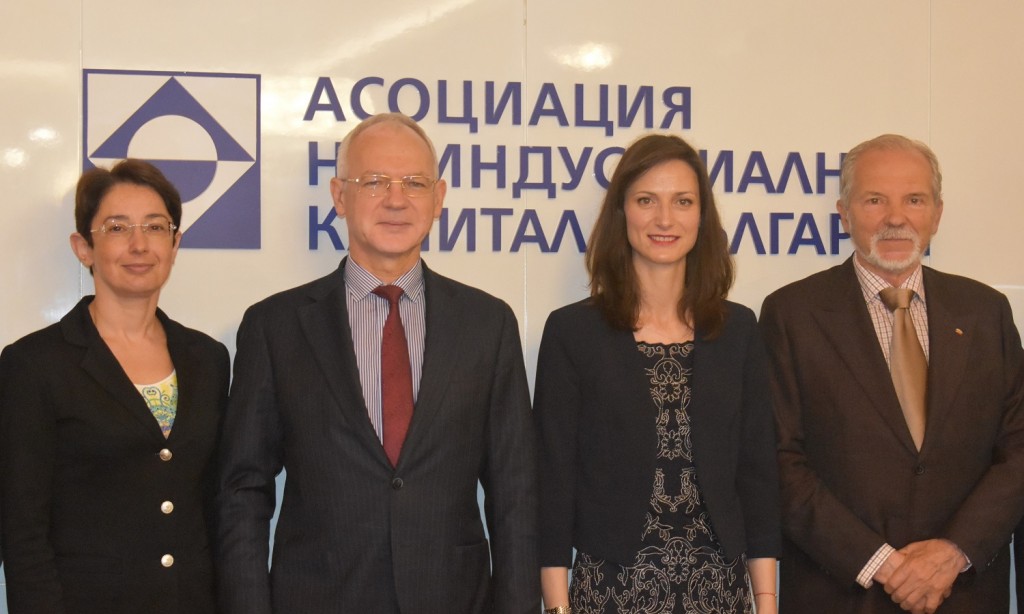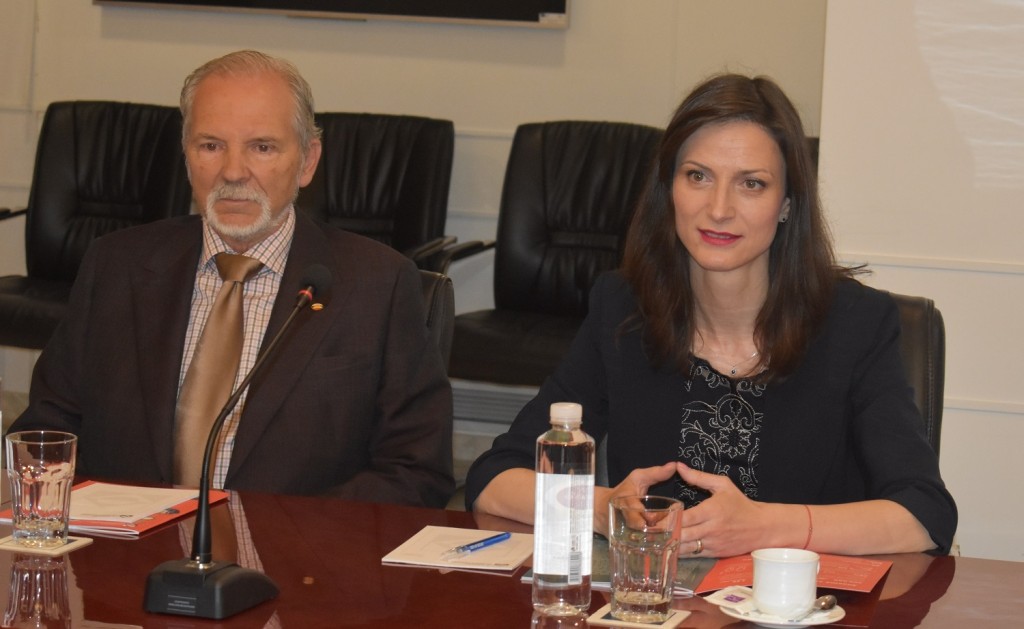Vice Prime Minister Marianna Nikolova, Diplomats, MPs and Businessmen Attended BICA’s 23rd Birthday

Deputy Prime Minister Marianna Nikolova and more than 400 representatives of diplomatic missions, the executive and legislative branches, business, trade unions and non-governmental organizations were part of the official celebration of the 23rd birthday of the Bulgarian Industrial Capital Association (BICA).
“I would like to thank all of you who are here, as well as those who were not able to come but took the time to congratulate BICA on its 23rd birthday. For us, this is a recognition of the constructive and objective position of the Association. We send a successful year for both BICA and Bulgaria. GDP growth will exceed 3.5%, unemployment is below the sanitary minimum, we have income growth over 10% and productivity growth of about 3-3.5%. This places us 5th in the EU in GDP growth. Such are the forecasts for the next 2 years, during which we expect Bulgaria to be in the top five again. But things can get better and BICA will do its best to carry out all the necessary reforms”, said BICA’s Chairman Vassil Velev.
The employers’ organization will continue to work in order to boost the economic growth of the country, whose main “hindrances” remain the increasing shortage of labor resources and insufficient liberalization of labor immigration. Fighting the gray economy that BICA has been committed to over the past 10 years will once again be a key priority. In 2020, BICA will continue to work on a number of reforms in sectors such as energy, education, labor law.
The Association calls for more consistency and sustainability in defining state policies for the development of the electricity sector, while respecting the principles of competitiveness, transparency and equal treatment. BICA expects that good cooperation with the Ministry of Education will lead to the finalization of the reform of vocational and higher education, which will in the coming years prepare the necessary business personnel for key sectors of the economy. In addition, the expectations of the Bulgarian business are to work for the elimination of the minimum social security thresholds, the administrative determination of the minimum wage and the improvement and development of the second and third pension pillars through the introduction of multifunds, the determination of a fair rate of reduction of the first pension, and better regulations.
The event was sponsored by:

 English
English





